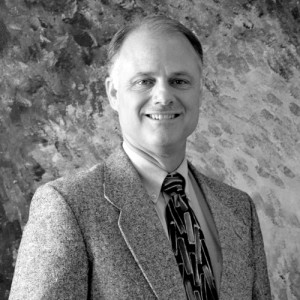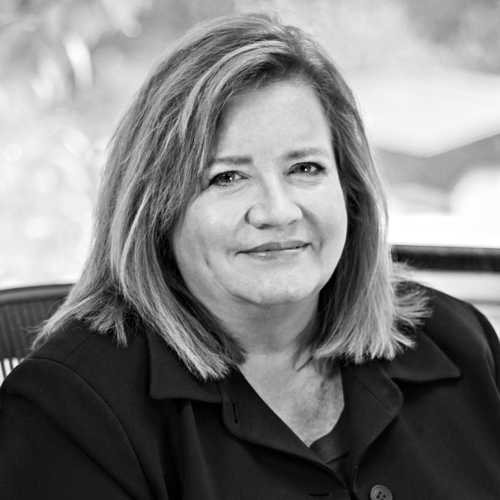
When Dan Moncher was in high school, he had no idea what he wanted to do with his life. He looked on as his classmates discussed what they’d major in and how their lives would take shape. If it weren’t for the school principal recommending an accounting class, there’s no telling if Moncher would be where he is today. He held his first CFO position at just 27 years old, and he now serves as executive vice president and CFO of Firelands Regional Medical Center, a 400-bed community medical center in Sandusky, Ohio, that serves 260,000 patients each year.
“I fell in love with my first accounting class,” Moncher says. “I knew then and there it’s what I’d pursue; I just didn’t know I’d eventually land in healthcare.”
The CFO has been with Firelands for more than 18 years now. Interestingly, it was an organization he audited earlier in his career—Mercy Hospital in Toledo, Ohio—that alerted him to healthcare and the value that hospitals bring to society. It helped him make the tricky transition from public accounting to healthcare.
What makes Firelands special, Moncher says, is that despite being a community hospital with a medical-education program that serves a relatively large and diverse population, it has the feel of a smaller organization. “It’s big enough to take care of the community’s needs, but small enough so that it’s not a giant academic medical-center environment with 50 residents circulating through the doors,” Moncher says.
This is a real point of pride for Moncher, as is the fact that Firelands is the largest employer in the county. “There’s nothing quite like working in an independent community hospital,” he says. “I can’t tell you how many times we’ve been told we wouldn’t be able to survive in the new healthcare environment. I never believed it, and I never will. We’re doing the right thing. We focus on what we know and what we’re strong at. We do what we do, and we do it well, and we’ll do it for as long as humanly possible,” he says.
“There’s a series of questions we have to ask, and in healthcare, it’s the only time a person in a CFO role would have to ask things like, ‘What is the impact on the patients?’ It doesn’t matter what aspect of the business you’re focusing on; it impacts the patients.”
What makes being CFO of a hospital decidedly different is that, at the end of the day, the “product” you’re taking care of is people. Other companies have to concern themselves with product quality, but at a place like Firelands, the “end product” is someone’s life, which the medical center has to assure is well taken care of.
“When we’re looking at cost-containment scenarios, we take it very seriously,” Moncher says. “There’s a series of questions we have to ask, and in healthcare, it’s the only time a person in a CFO role would have to ask things like, ‘What is the impact on the patients?’ It doesn’t matter what aspect of the business you’re focusing on; it impacts the patients.”
When making high-level decisions, Moncher says he sometimes thinks, “What would I want for my parent?” Given the accessibility of the hospital, there’s a chance that if a loved one of an employee falls ill, they will find themselves at Firelands, and above all else, the CFO aims to do right by his employees and the community they serve.
This means sometimes making hard decisions to ensure the hospital is providing the highest-quality care in the most cost-effective way. It’s a balancing act—taking care of rural, low-income community members who wouldn’t otherwise have access to care, while also ensuring the hospital is able to financially keep its doors open so that these same people don’t have to risk their health and well-being to drive 50 miles to another hospital.
Because of this balance, an overarching approach to cutting costs is key. Moncher urges employees to treat the hospital the same way they’d treat their homes, requesting they turn the lights off when they leave the room. It’s a small gesture in the scheme of things, but one that can save thousands of dollars—and when you’re a community hospital, every little bit counts.
Recently, all of the hospital’s inpatient areas were updated, leaving Firelands well positioned for the next 20 years, requiring no major overhauls that will inconvenience patients or staff.
Moncher jokes he’s not an “obsessive goal setter” like other CFOs. His main goal, he says, is to continue providing quality care and fighting for his community hospital, which is crucial for the care of so many in need.
“I don’t want us to be the type of organization that jumps at any new thing,” Moncher says. “I want this to last. I’m cautious about the opportunities and practices we embrace. I like to see how things pan out for others, and if it looks like it’d be a good fit, we adopt those best practices. Working for an organization like this, being strategic is important. I don’t want us to be all things to all people; I want to be the best thing possible for those who need us the most.”


